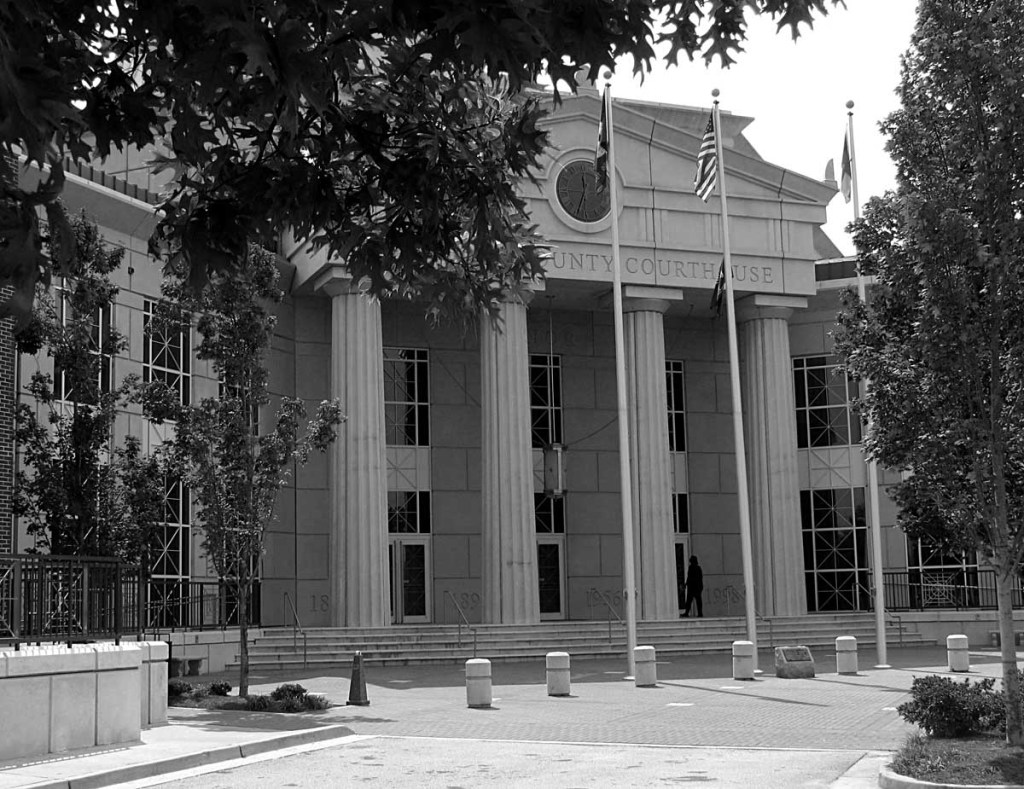Government lawyers latest to oppose public records bill
Published 3:30 pm Wednesday, November 4, 2015

- Government lawyers latest to oppose public records bill
BOSTON – Lawyers for cities and towns are joining elected officials and police trying to defeat an update to the state’s antiquated public records laws.
Two lawmakers have proposed overhauling the public records law, which watchdogs say is full of exemptions and provides no penalty for officials and bureaucrats who violate it.
Trending
The proposed bill limits fees for records requests, and it compels cities and towns to appoint someone to handle those requests.
But the proposal is stalled amid concerns by local officials over the costs of implementing it.
Now, attorneys who represent cities and towns are joining the opposition. They hope to remove key elements that limit how much government lawyers can charge to review requests and that force officials to pay if their denial of a request for a public record is later overturned in court.
“We’re not against improving the state’s public records system, but we have a number of concerns about this proposal,” said James Lampke, executive director of the Massachusetts Municipal Lawyers Association.
Lampke said an aspect of the bill that prevents lawyers or record-keepers from charging for the first four hours they spend working on a records request is unfair.
He noted that, in addition to reporters, requests come from marketing firms hunting for business information and gadflies who routinely submit requests to “harass” municipal officials.
Trending
“Every community in the state has a history of abuses by people who are making public records requests that are extremely broad and difficult to comply with,” he said. “Why should the public be paying for that?”
Most major cities in the state have lawyers on staff, but smaller communities often hire part-time lawyers who get paid by the hour.
Requiring cities and towns to pay legal fees if they lose in court, Lampke said, is equally concerning because it penalizes keepers of public records even in cases that involve a clerical error.
“If they make a mistake, the community can get hit with fines, penalties and attorney fees,” he said.
The public records reform – proposed by Rep. Peter Kocot, D-Northampton and Sen. Jason Lewis, D-Winchester – is backed by dozens of lawmakers including Sen. Barbara L’Italien, D-Andover, and Rep. Diana DiZoglio, D-Methuen.
Concerns about its impact on cities and towns prompted a review by the House Ways and Means Committee, chaired by Rep. Brian Dempsey, D-Haverhill. The committee hasn’t finished its review.
Legislative leaders pledged a vote on the legislation before their holiday recess, which starts Nov. 18, but that now seems unlikely.
Senate President Stanley Rosenberg said Wednesday that even if the House passes a revised proposal before the break, there won’t be enough time for the Senate to vote.
“We’ve only got a couple weeks left before the holiday break, so if it can get through one branch, that would probably be about as far it will go until we come back,” Rosenberg, D-Amherst, told reporters at a briefing.
Law enforcement officials are also pushing back against proposals to update the state’s public records laws. They’re backing legislation that would shield investigations of police misconduct from the media and general public.
Open government groups and media representatives are becoming increasingly frustrated by the delays.
“The lobbying against the bill has been ardent, and legislators seem to be stymied over a compromise,” said Bob Ambrogi, executive director of the Massachusetts Newspaper Publishers Association. “The biggest fear is that whatever comes out of it, if anything, is going to be so watered down that it won’t be worth the effort.”
Secretary of State Bill Galvin, the state’s top public records official, said he too is upset with the delays.
“I’ve been reassured repeatedly by legislative leaders that they are going to take a vote on it, but I’ve been hearing that for months,” he said. “The problem is that interest groups seem to have problems with it.”
In August, Gov. Charlie Baker directed his administration to improve access to public records by requiring agencies to designate employees to respond to and track requests from the public. Those changes don’t require approval from voters or the Legislature, and they don’t cover the governor’s office, itself.
The Legislature, which is exempt from the state’s public records and open meetings laws, is the only government entity that hasn’t proposed reforms for itself, even though some lawmakers support it.
Town clerks say their biggest concern is the rising costs of fulfilling requests for public records.
“Most clerks don’t object to increased transparency and making it easier for people to access public records, but some of these proposals go too far,” said Andover Town Clerk Lawrence Murphy. “We don’t make a lot of money from public records requests, but there’s often a tremendous amount of time and work involved.”
Galvin is proposing a question for the 2016 ballot that gives his office more power to investigate delays in responding to records requests, while limiting how much state agencies can charge for documents.
“I would prefer to see the Legislature adopt it instead,” he said. “It was out of fear that this legislation wouldn’t pass that I filed it, and I was hoping to be wrong. But, unfortunately, we’re up against the reality of time.”
Christian Wade covers the Massachusetts Statehouse for CNHI’s newspapers and websites. Reach him at cwade@cnhi.com.


